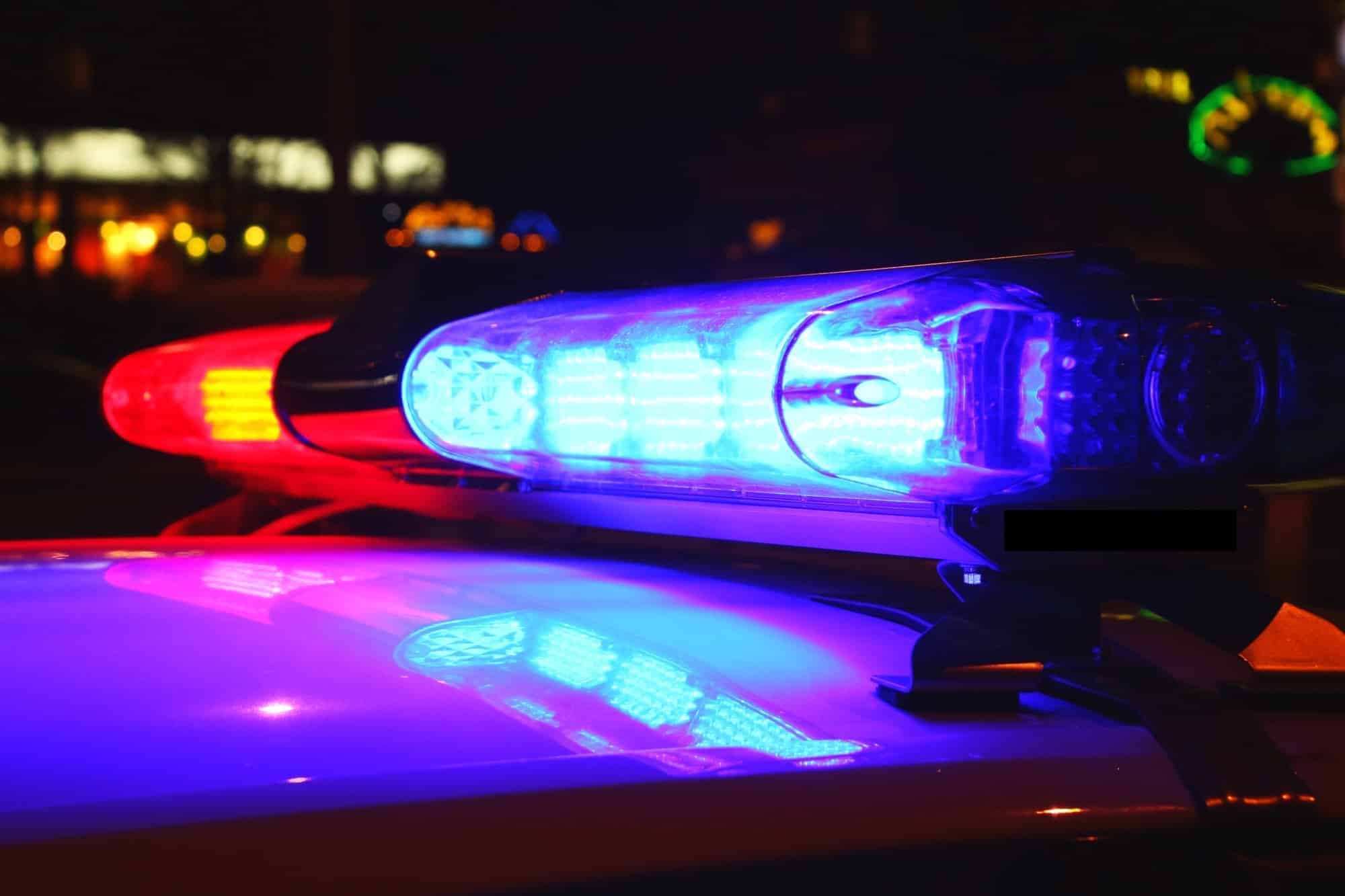The Fourth Amendment to the United States Constitution protects citizens of Florida — and the rest of the United States — from unlawful searches and seizures, the latter of which includes arrests. Even in the case of suspected violent crimes, the protections afforded by the Fourth Amendment are foundational. To overcome, such constitutional protections, law enforcement, pursuant to the Amendment’s language, cannot search or seize a person or their property without “probable cause.”
What is Probable Cause?
Probable cause is a legal concept that means the police must have a reasonable and justifiable belief that a person has committed a crime before they can take certain actions, like making an arrest or conducting a search. It serves as a crucial threshold to protect individuals’ Fourth Amendment rights against unreasonable intrusions.
Probable Cause in Florida: Key Considerations
In the realm of Florida law, even when a law enforcement officer possesses a search or arrest warrant, they are still required to make a showing of probable cause. To secure such a warrant, the police officer must provide a sworn affidavit, attesting that there exists sufficient probable cause to override the Fourth Amendment protections granted to an individual. A judge will ensure that the showing of probable cause is sufficient before signing off on the warrant.
Evaluating Probable Cause in Florida
Determining whether probable cause exists is not a straightforward matter, and in Florida, this assessment is particularly vital. Unlike a clear-cut rule, it involves a careful evaluation of the totality of the circumstances unique to an individual case. A law enforcement officer must demonstrate more than a mere hunch or vague suspicion; their warrant application must present a compelling combination of facts and circumstances, all known to the officer at the time, establishing that a crime has either already been committed or is likely to be committed.
In cases where probable cause was lacking prior to an arrest or search, any evidence found in the course of a subsequent search cannot be used to justify the violation of the Fourth Amendment. This is why Fourth Amendment challenges are crucial in the work of criminal defense. A seasoned defense lawyer will examine the facts of criminal defendant’s case and determine whether there was sufficient probable cause to arrest or charge the defendant with a crime.
Source: FindLaw.com, “Probable Cause,” accessed on April 30, 2018

